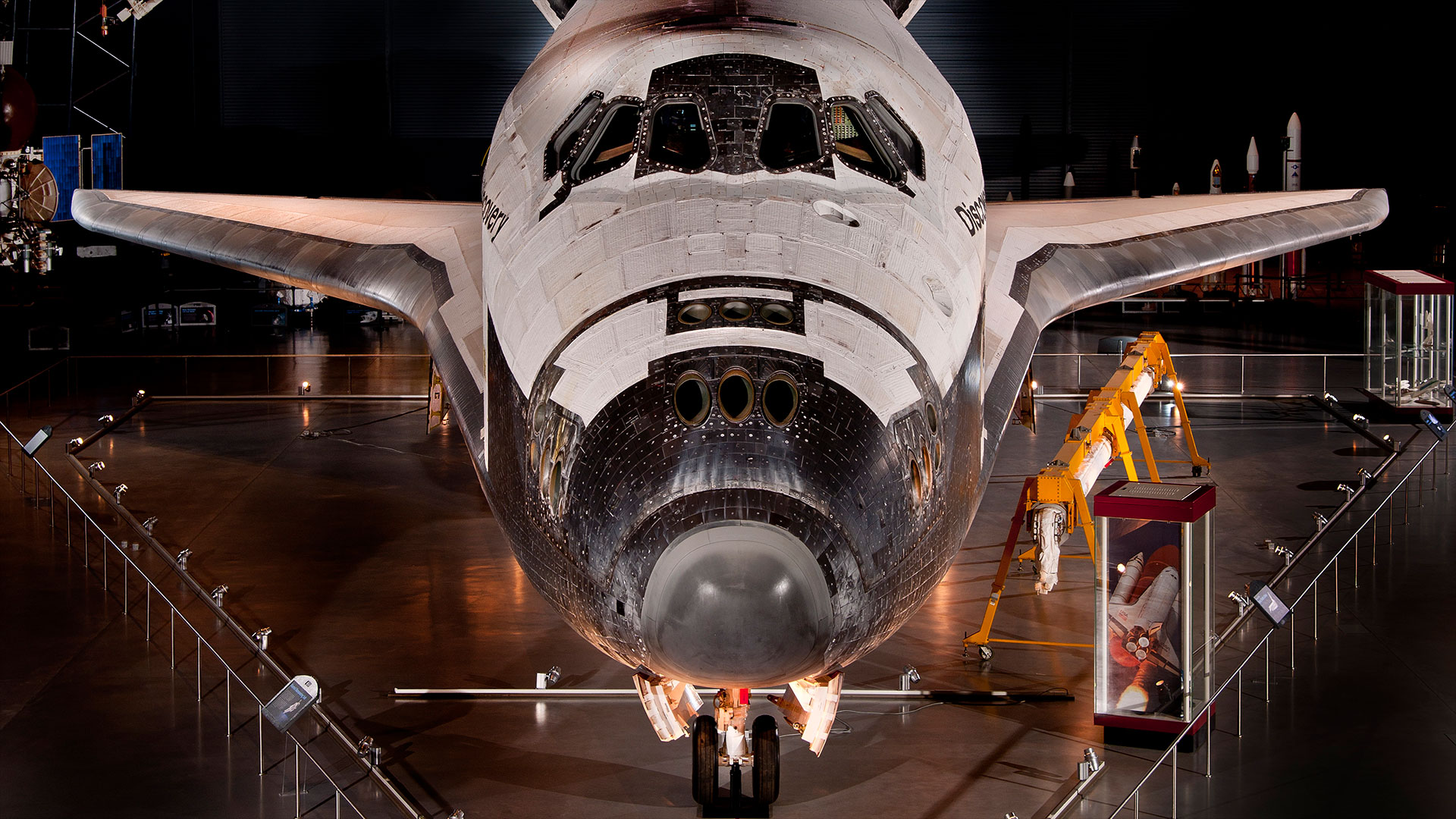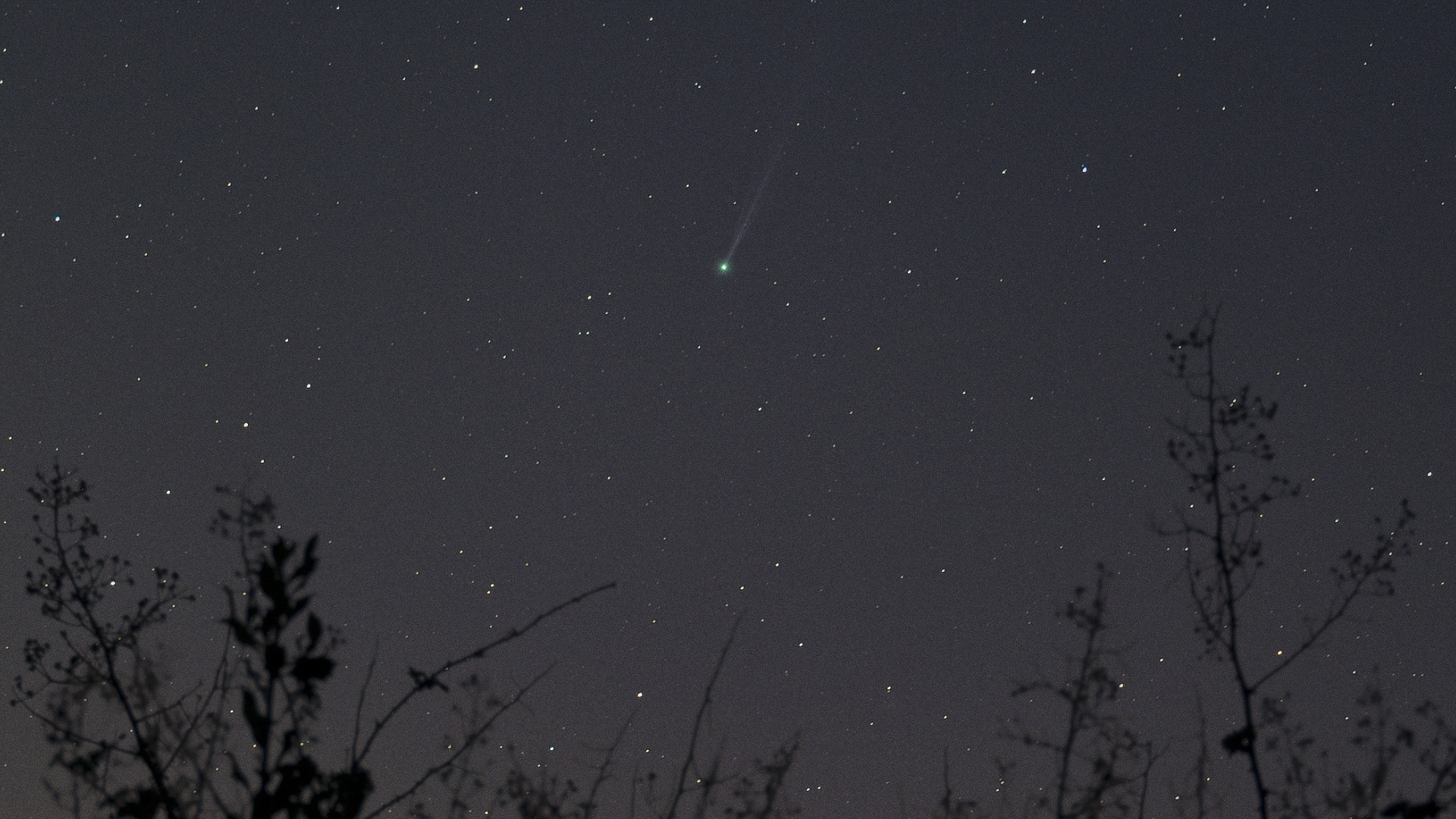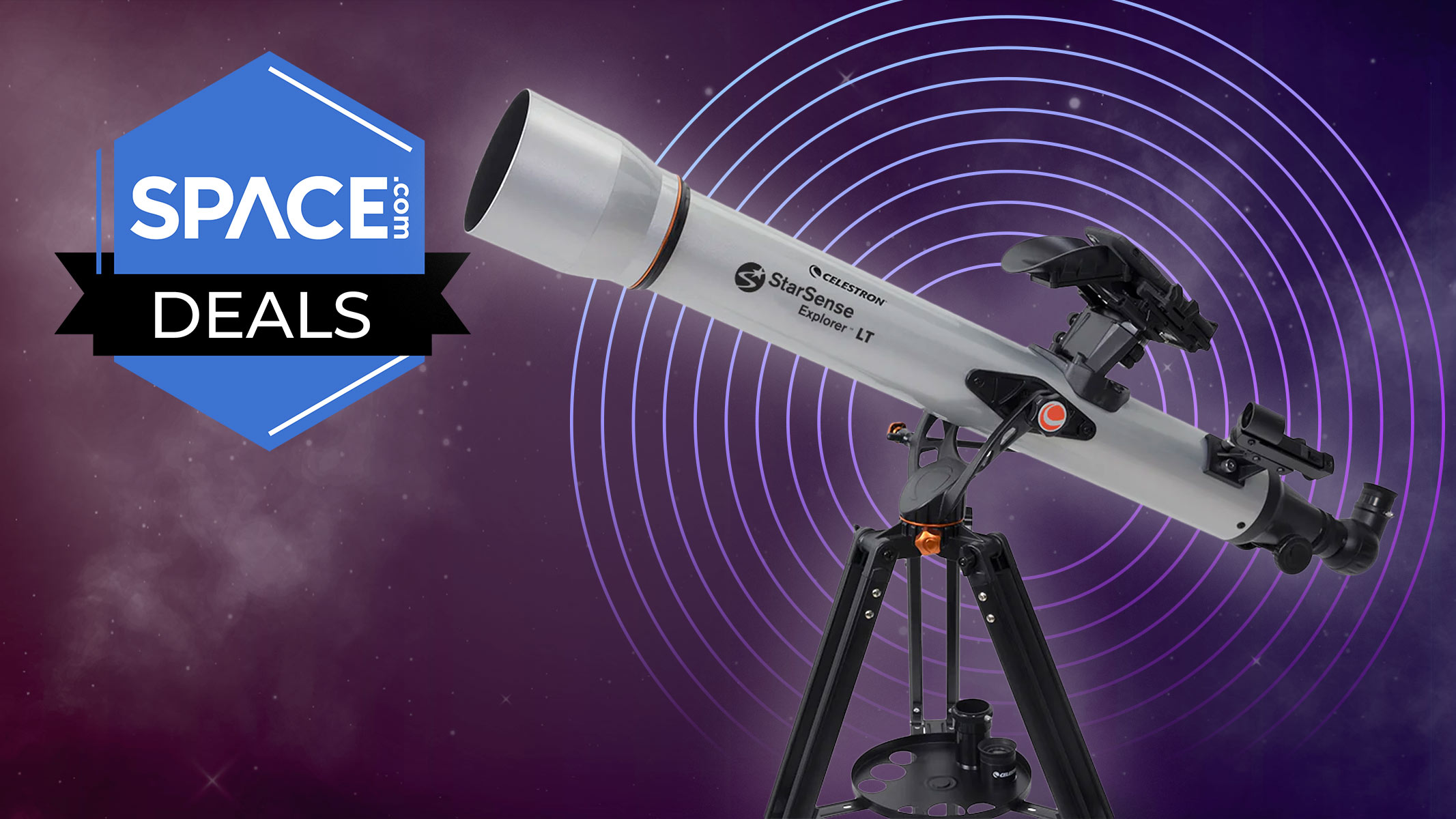
WASHINGTON, DC — NASA still has the moon in its crosshairs.
The agency has been working to return astronauts to the moon via its Artemis program, which was established in late 2017 in response to a directive from then-U.S. President Donald Trump.
Establishing a sustainable human presence on and around our natural satellite will help us make the next giant leap — the one to Mars, NASA officials have long said.
Recent statements by Trump — who was just elected to his second term, and his close adviser Elon Musk have called this "stepping stone" approach into question — however.
In his inaugural address last month, for example, Trump focused on the Red Planet, saying that the United States "will pursue our manifest destiny into the stars, launching American astronauts to plant the Stars and Stripes on the planet Mars."
And Musk — the SpaceX founder and CEO whose "Department of Government Efficiency" (DOGE) is currently auditing (and slashing) the federal bureaucracy — deemed the moon "a distraction" in a December 2024 X post, saying, "we're going straight to Mars." (That was apparently a reference to SpaceX's internal plans, not those of NASA. But Musk seems to have Trump's ear on many issues, and SpaceX and NASA are key partners on the Artemis program.)
Nothing has officially changed with Artemis yet, however. Indeed, the moon is still a big part of NASA's human spaceflight plans, according to acting NASA administrator Janet Petro.
Get the Space.com Newsletter
Breaking space news, the latest updates on rocket launches, skywatching events and more!
Petro spoke here on Wednesday (Feb. 12) at the 27th annual Commercial Space Conference in a "fireside chat" with Dave Cavossa, president of the Commercial Space Federation. Among other questions, Cavossa asked Petro what she would regard as a "defining success" of NASA's collaborations with commercial partners 10 to 20 years from now.
Petro cited a robust network of private space stations in low Earth orbit, as well as "boots on Mars," which she described as a "super exciting" prospect. But she also gave some love to Earth's nearest neighbor: "Many, many, many boots on the moon — that, to me, would be incredible to see."

Petro — the first woman to ever lead NASA — steered clear of politics during the 25-minute chat. She didn't discuss DOGE's plans for NASA, for example, or how the Trump administration's anti-DEI (diversity, equity and inclusion) push is affecting the agency.
It's unclear how long Petro will direct the agency. Trump has nominated billionaire tech entrepreneur, philanthropist and private astronaut Jared Isaacman to lead NASA on a permanent basis. Isaacman still needs to be confirmed by the U.S. Senate, however.
Join our Space Forums to keep talking space on the latest missions, night sky and more! And if you have a news tip, correction or comment, let us know at: community@space.com.

Michael Wall is a Senior Space Writer with Space.com and joined the team in 2010. He primarily covers exoplanets, spaceflight and military space, but has been known to dabble in the space art beat. His book about the search for alien life, "Out There," was published on Nov. 13, 2018. Before becoming a science writer, Michael worked as a herpetologist and wildlife biologist. He has a Ph.D. in evolutionary biology from the University of Sydney, Australia, a bachelor's degree from the University of Arizona, and a graduate certificate in science writing from the University of California, Santa Cruz. To find out what his latest project is, you can follow Michael on Twitter.
-
Classical Motion I am certainly no expert but Mars is too far. We need more off world experience and the Moon is perfect for that. The only bad part is that dust.Reply
The only thing that can profit us is the location and environment for experiment and measurement. We should learn to use it. But it will cost. And no Moon harvest. Or plunder.
The far side is the only radio quiet area we have left. And that observation time is limited.
It will take years of logistics to go to Mars. Let’s learn on the Moon before riding on Mars. -
COLGeek Reply
Agreed and then there is the matter of resources ($$$).Classical Motion said:I am certainly no expert but Mars is too far. We need more off world experience and the Moon is perfect for that. The only bad part is that dust.
The only thing that can profit us is the location and environment for experiment and measurement. We should learn to use it. But it will cost. And no Moon harvest. Or plunder.
The far side is the only radio quiet area we have left. And that observation time is limited.
It will take years of logistics to go to Mars. Let’s learn on the Moon before riding on Mars. -
Classical Motion Maybe this is a stretch but, we might be able to Moon orbit a rotating space station, with warehouse, crew quarters, fueling and maintenance bays for space taxis, plus a Moon base station…… for the cost of a Mars trip.Reply
Too much?
If only we could fine a new stable element with new properties or some other prize. We need a reward.
Ruff ruff.
If only that dust was magic. -
Keithrc Going to Mars is an order of magnitude more difficult than going back to the moon. Anyone who says that this intermediate step is unnecessary is a dummy.Reply -
George² Reply
Seems like no problem to spend trillions for making crypto "coins" and for "AI". For wars too.COLGeek said:Agreed and then there is the matter of resources ($$$). -
COLGeek Reply
Not really relevant in regards to NASA's budget though.George² said:Seems like no problem to spend trillions for making crypto "coins" and for "AI". For wars too. -
contrarian Reply
The International Space Station cost well over $100 billion to put into orbit and maintain. And remember this is in LEO.Classical Motion said:Maybe this is a stretch but, we might be able to Moon orbit a rotating space station, with warehouse, crew quarters, fueling and maintenance bays for space taxis, plus a Moon base station…… for the cost of a Mars trip.
The cost of a similar station orbiting the Moon would be substantially higher, and that is without all the add-ons you refer to. You are looking at hundreds of billions, one would think.
The low cost of a manned mission to Mars is estimated at over $500 billion. And of course it is always more than estimated.
The minimalist lunar orbiting "space station" Gateway, under construction by Northrup-Grumman et al., is estimated at over $5 billion, and will likely come in at twice that.
It is already starting to look that way for anything like a lunar habitation mission. Almost certainly $500 billion. This brings into question a trip to Mars. Likely to cost well over a $trillion. Seems a tad high for the return we get, assuming nothing goes sour..........Classical Motion said:Too much? -
George² Reply
Because international and bureaucratic and I suppose that big percentage of cost is just to have for stealing by administration.contrarian said:The International Space Station cost well over $100 billion to put into orbit and maintain. And remember this is in LEO. -
George² Reply
This match with previous explanation. Must ask how much will be price if Mars trip is released from young and aggressive prices company like SpaceX. Older space companies which are used to being fed by the state through the NASA budget and the military budget since the Cold War competition with the USSR, it is natural to point out many times inflated prices.contrarian said:It is already starting to look that way for anything like a lunar habitation mission. Almost certainly $500 billion. This brings into question a trip to Mars. Likely to cost well over a $trillion. Seems a tad high for the return we get, assuming nothing









